Technical Training
If you are not very technical, but wish you understood a little more than you do – our Technical Training section will definitely help get you on the right track. Although it would prove very resourceful for possibly every musician – most musicians do not understand many of the very basic (but very important) technical elements of the equipment they work with. This Technical Training section will teach you some basics regarding cables and connectors, basic audio theory (impedance, balanced / unbalanced, line / microphone levels, attenuators), how to make and repair your own guitar cables, test some of your own equipment (such as cables, speakers, microphones, batteries, etc), and even some tips on how to troubleshoot some common problems that arise. Knowing and understanding this technical training information can help save you time (and money). Please understand that the technical training and information on this website will not make you a technical expert (and is not intended to make you an expert), but it will certainly help you become more “technical” than you were before.
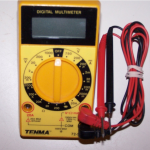 |
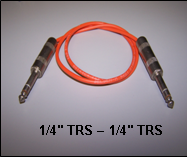 |
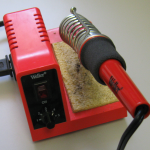 |
Technical Sections covered on this site:
1. Balanced / Unbalanced Connections – CLICK HERE!
2. Basic Audio Test Equipment – CLICK HERE!
3. Basic Audio Tests / Measurements Section – CLICK HERE!
4. Audio Troubleshooting Basics – CLICK HERE!
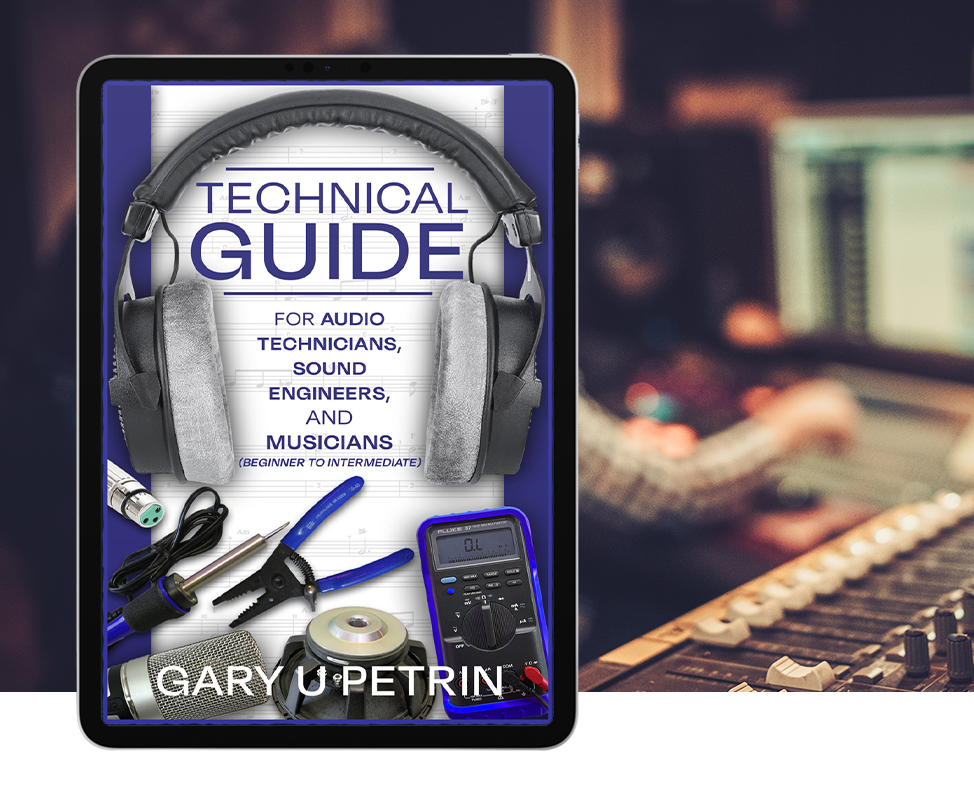 |
CHECK OUT OUR NEW “TECHNICAL” PUBLICATIONS NOW! |
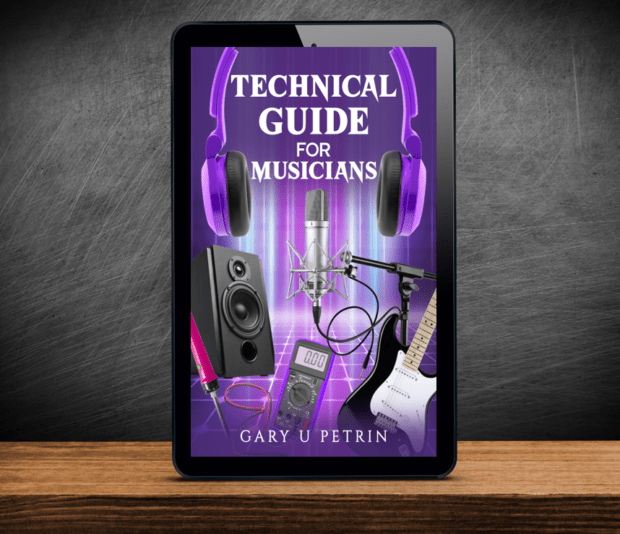 |
5. Basic Soldering Information – CLICK HERE!
6. How to Solder an XLR Section – CLICK HERE!
7. Audio Cables – The Basics CLICK HERE!
8. Audio Connectors – The Basics – CLICK HERE!
9. Speaker Test / Polarity / Connector Pin-Outs – CLICK HERE!
10. Database of Video Clips / Handouts – CLICK HERE!
Warning – Always Use Caution when using a soldering iron, a multi-meter, or any other tools associated with this technical section.
